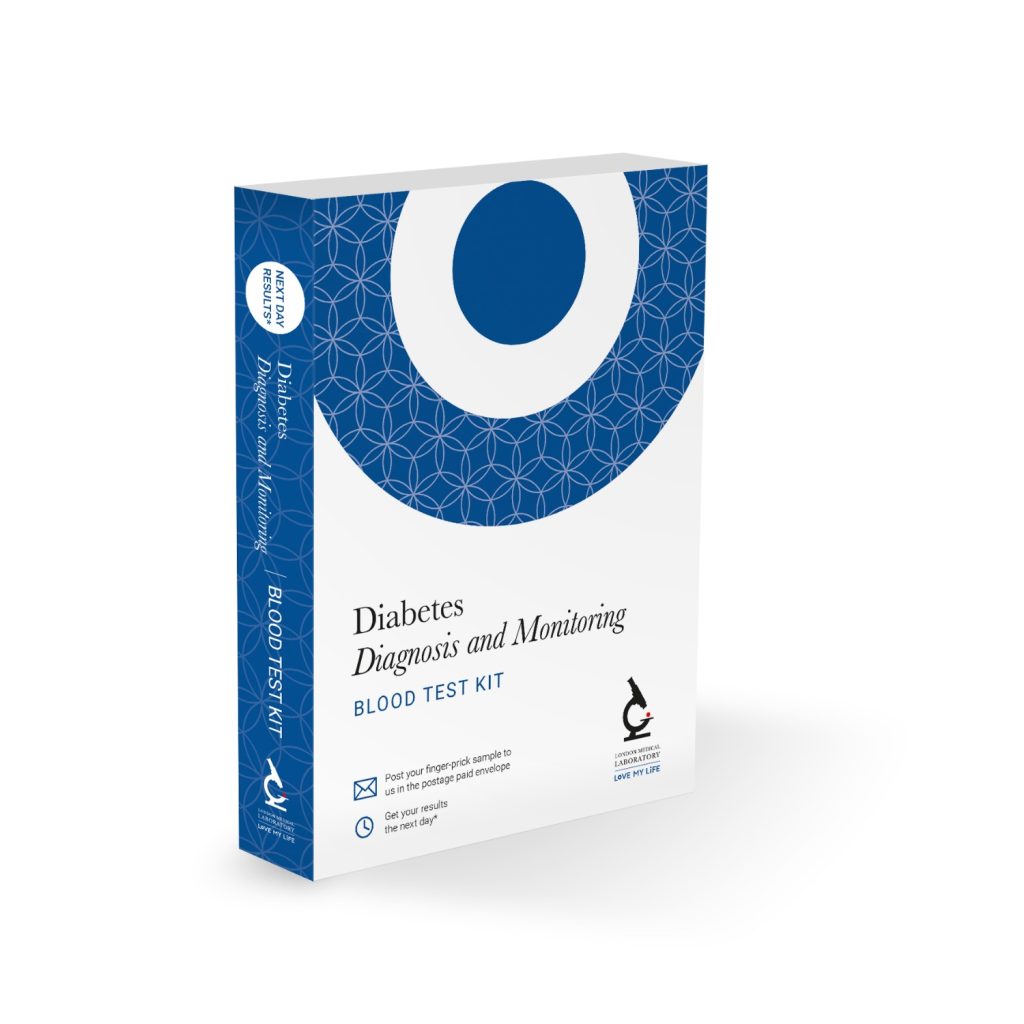Recent research published in The Lancet Diabetes & Endocrinology has sparked concern over the consumption of processed meats and artificial sweeteners, linking them to a heightened risk of type 2 diabetes. The study found that eating 50g of processed meat daily, roughly equivalent to two slices of ham, could increase the risk of developing type 2 diabetes by 15% over the next decade.
Dr Avinash Hari Narayanan, Clinical Lead at London Medical Laboratory, emphasised that processed meat is not the sole factor contributing to the rise in diabetes cases in the UK. He warned that even products typically perceived as healthy, such as sugar-free diet drinks, might be doing more harm than good.
Dr Narayanan highlighted a concerning statistic: an estimated one million people in the UK may be living with undiagnosed type 2 diabetes, a condition that can significantly shorten life expectancy. In 2019, nearly 14,000 deaths in the UK were attributed to diabetes, underscoring the urgency of early diagnosis.
Diet drinks, often considered healthier alternatives to sugary beverages, are under scrutiny. Dr Narayanan noted that although these drinks are marketed as safe for those managing their weight or diabetes, research indicates that certain artificial sweeteners—like saccharin and sucralose—can adversely affect blood sugar levels and gut microbiome health. This is particularly alarming given that many individuals consume these products regularly.
The risks associated with diet drinks were underscored by a recent study from Johns Hopkins University. Researchers found that participants consuming saccharin and sucralose experienced notable spikes in blood sugar levels, suggesting that these sweeteners might not be as harmless as previously thought. Changes in gut bacteria and blood metabolites were observed, raising concerns that these substances could have physiological effects similar to those seen in individuals with diabetes.
Further complicating the issue, recent trials reported in Nutrition Reviews suggest that aspartame, another popular sweetener, may impact glucose and insulin levels. The precise mechanisms behind these effects remain unclear, but some research indicates that the sweetness of these artificial sweeteners might trigger an inappropriate insulin response from the pancreas.
Dr Narayanan stressed the importance of regular blood testing for the UK’s 4.3 million diabetics. He pointed out that while traditional fingerprick tests are valuable, advanced “HbA1c” fingerprick tests could revolutionise diabetes management. These tests measure average blood glucose levels over two to three months, allowing for more accurate monitoring and diagnosis.
London Medical Laboratory’s HbA1c “Diabetes – Diagnosis and Monitoring” test is available for home use or at numerous drop-in clinics and pharmacies across London and the UK. This test is considered a gold standard in diabetes testing and can help patients better manage their health.
As awareness of the risks associated with processed meat and artificial sweeteners grows, experts urge the public to be mindful of their dietary choices and the potential long-term health implications. For full details, see: https://www.londonmedicallaboratory.com/product/diabetes-check


